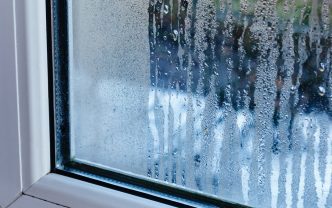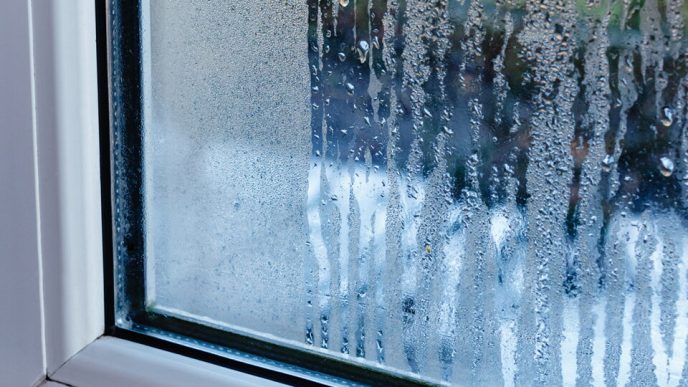Why Pipe Care Pays Off
Your pipes are the quiet workhorses of the house—delivering clean water, carrying away the dirty stuff, and doing it all without a lot of fanfare. Until the day they don’t. A little everyday care can keep water lines, drains, and sewer pipes humming for decades, saving you from messy surprises, midnight emergencies, and budget-busting repairs. Think of this as your behind-the-scenes guide to a longer, smoother life for your plumbing.
Mind the Drain: What Not to Send Down
Clogs are invited. Over time, grease, coffee grounds, spaghetti, eggshells, and fibrous vegetables create tough plaque on kitchen pipes. Hair, soap scum, cotton swabs, dental floss, and “flushable” wipes cause restroom issues. Use sink and tub strainers, throw away dishes, compost what you can and save cooled cooking fat in a jar beneath the sink. Silent pipes will thank you.
Dial In Safe Water Pressure
High shower pressure is fun, but it damages pipes. Water pressure consistently over 60 psi compresses fittings, erodes pipe interiors, and causes micro-leaks that become major issues. A fast pressure test can tell you where you stand, and many homes need a PRV to get the number back down. Like plumbing cruise control, it’s modest but important.
Tame Hard Water Before It Hardens Your Lines
Mineral-rich water leaves behind scale that narrows pipe openings and coats fixtures in crusty film. Over time, that mineral buildup strains your system and accelerates wear on heaters, valves, and appliances. A whole-home water softener or conditioner helps prevent internal corrosion and keeps flow rates where they should be. If you’ve noticed cloudy glassware, stiff laundry, or white scale on faucets, your pipes are feeling it too.
Hunt Down and Fix Small Leaks
A pinhole leak appears harmless until it’s not. Moisture causes corrosion, mould, and structural damage that costs more than a quick fix. Warped cabinets, discoloured plasterboard, musty aromas and rising water bills should be monitored. Turn off the water and fix the leak quickly to prolong pipe life and safeguard your home.
Skip Caustic Cleaners
Chemical drain “miracles” burn through blockages, scorching pipes. Caustic solutions soften PVC and eat metal, weakening lines and causing clogs. Choose a plunger, hand-crank drain snake, or enzyme-based cleaner that digests organic debris without damaging pipes. A professional mechanical clearing always beats a chemical quick cure if the blockage won’t move.
Wrap and Protect Cold-Spot Pipes
Water expands when it freezes, bursting pipes. Even in temperate areas, cold spells and drafts can be problematic. Basements, attics, crawlspaces, garages, and outside walls need pipe insulation. Open cabinet doors and run a trickle of water on cold nights to keep things moving in freezing places. Cheap, quiet insulation protects against catastrophic water damage.
Put Inspections on the Calendar
Most plumbing problems don’t announce themselves—they tiptoe along until they break. A routine inspection every year or two can catch small leaks, early corrosion, misaligned fittings, or a failing pressure regulator before they escalate. Think of this as preventive maintenance for your home’s circulatory system. It’s always cheaper—and calmer—to fix “almost” than “already.”
Venting: The Unsung Hero
Drain vents don’t get much attention, but they’re vital. Proper venting lets air into the system so wastewater flows freely and pressure doesn’t build where it shouldn’t. Blocked or damaged vents can cause gurgling, slow drains, sewer smells, and undue strain on pipes and traps. If your drains talk back or the house carries a whiff of sewer gas, it’s time to check the venting.
Know When to Repipe
All materials age. Galvanised steel rusts inside. Polybutylene (found in older homes) cracks. If your home has outdated lines, proactive replacement is safer and cheaper than wall-opening. Pinhole leaks, discoloured water, poor flow without pressure, and ageing materials in a house inspection are warning signals. PEX and copper systems today are durable, efficient, and reliable.
Keep Water Moving
Strange things happen in stagnant water. Too much time in unused bathrooms, guest suites, or utility sinks can cause odours, silt, or sticky valves. Run water through rarely used fixtures for a minute or two every two weeks, flush rarely used toilets, and replenish traps. Movement keeps seals hydrated, pipes fresh, and minerals out.
When You Want It Done Right, Call a Pro
From testing pressure and optimizing venting to repairing leaks, clearing stubborn clogs, and planning a repipe, a seasoned plumber brings the right tools and the hard-won instincts that come from thousands of jobs. If you’re in Los Angeles and need pipe installation, leak repair, or a full repipe, Rooter Man Plumbing of Los Angeles has more than 40 years of experience keeping homes dry, safe, and flowing.
FAQ
How often should I have my plumbing inspected?
Every one to two years is a smart cadence, with faster check-ins if your home is older or you’ve had recurring issues.
What water pressure is considered safe for home pipes?
Aim for 40–60 psi; a pressure-reducing valve can keep you in the sweet spot without sacrificing comfort.
Are “flushable” wipes really safe to flush?
No—most don’t break down quickly and can snag in pipes and sewers, leading to clogs and backups.
Do I need a water softener in Los Angeles?
If you see mineral spots, scale on fixtures, or reduced flow from buildup, a softener or conditioner can protect pipes and appliances.
What are signs I should repipe?
Frequent leaks, rusty or discolored water, chronic low flow, and outdated materials like galvanized steel or polybutylene are key signals.
Is an enzyme drain cleaner safe for all pipes?
Generally, yes—enzyme formulas digest organic clogs without corroding metal or softening PVC.














